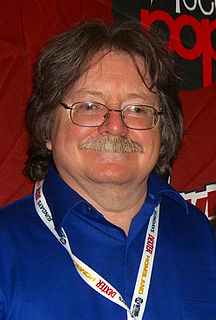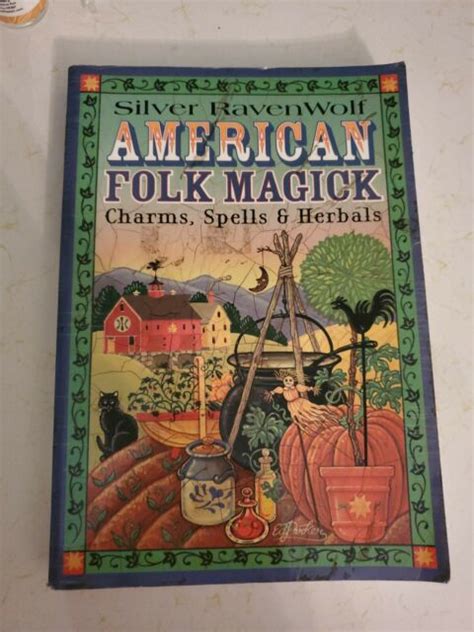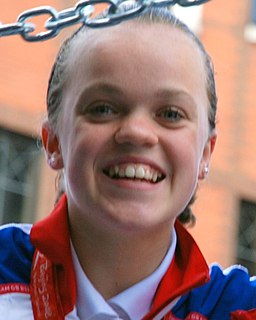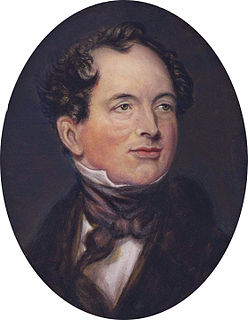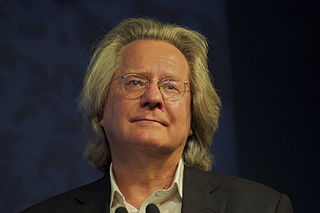A Quote by Rose Fyleman
Related Quotes
So it is best to keep an open mind and be agnostic. At first sight that seems an unassailable position, at least in the weak sense of Pascal's wager. But on second thoughts it seems a cop-out, because the same could be said of Father Christmas and tooth fairies. There may be fairies at the bottom of the garden. There is no evidence for it, but you can't prove that there aren't any, so shouldn't we be agnostic with respect to fairies?
Just as an earthly garden needs constant attention, so, too, does our spiritual garden. When we first begin our journey of spirituality our garden is filled with all sorts of interesting items--it was not, after all, a fallow place before we sought to investigate what might be there and what we could possibly put in it. Everyone's spiritual garden is different, because each individual is unique.
Let me define a garden as the meeting of raw nature and the human imagination in which both seek the fulfillment of their beauty. Every sign indicates that nature wants us and wishes for collaboration with us, just as we long for nature to be fulfilled in us. If our original state was to live in a garden, as Adam and Eve did, then a garden signals our absolute origins as well as our condition of eternity, while life outside the garden is time and temporality.
Everybody is entitled to believe. Churches have exactly the same right to exist as a football club, a trade union or a political party. But if you and I set up the Church of the Fairies of the Garden, then I don't think we should automatically be meeting the queen, be entitled to seats in the House of Lords or get public money for our fairy schools.
In those sticky summer nights in South London our windows stay open and our tiny apartment becomes our secret garden. The magic of the secret garden is that it exists in our imagination. There are no limits, no borderlines. The secret garden leads to the marigolds of Mogadishu and the magnolias of Kingston and when the heat turns us sticky and sweet and unwilling to be claimed by defeat we own the night. We own our bodies. We own our lives.






